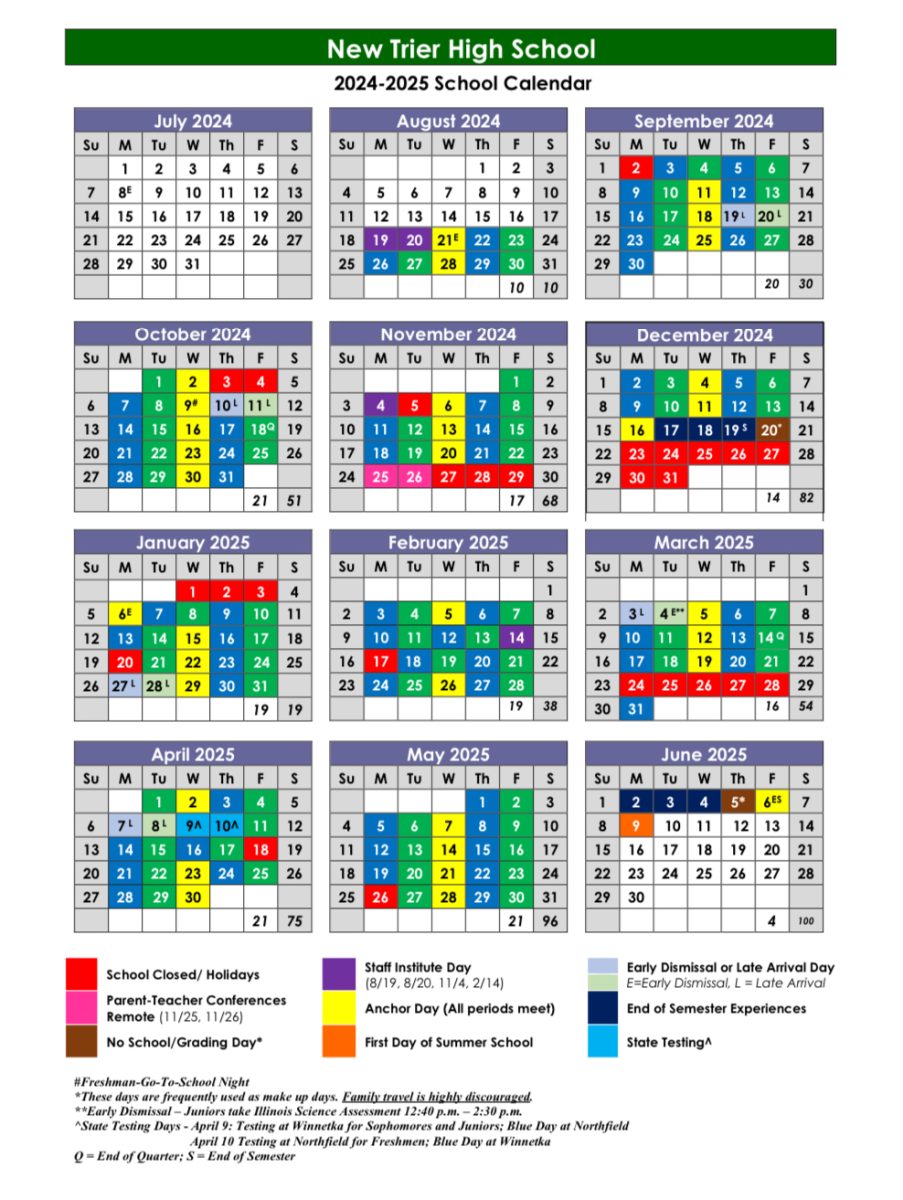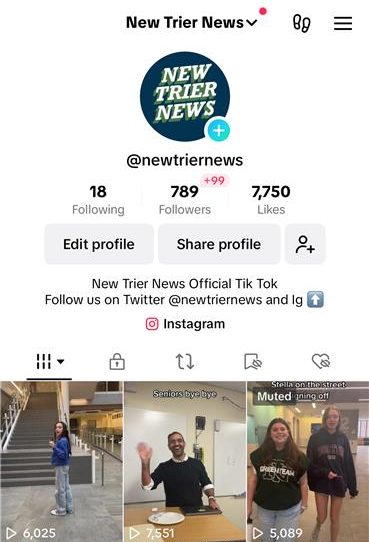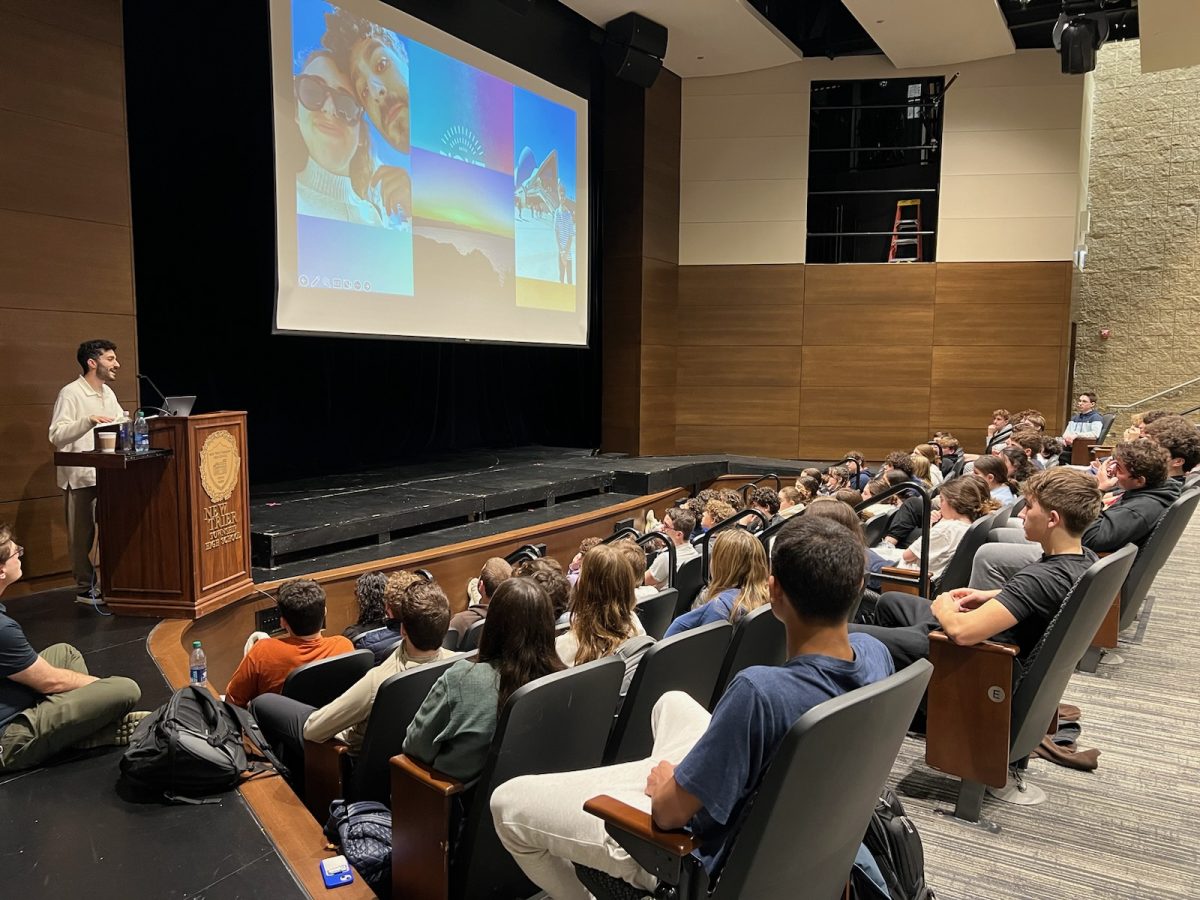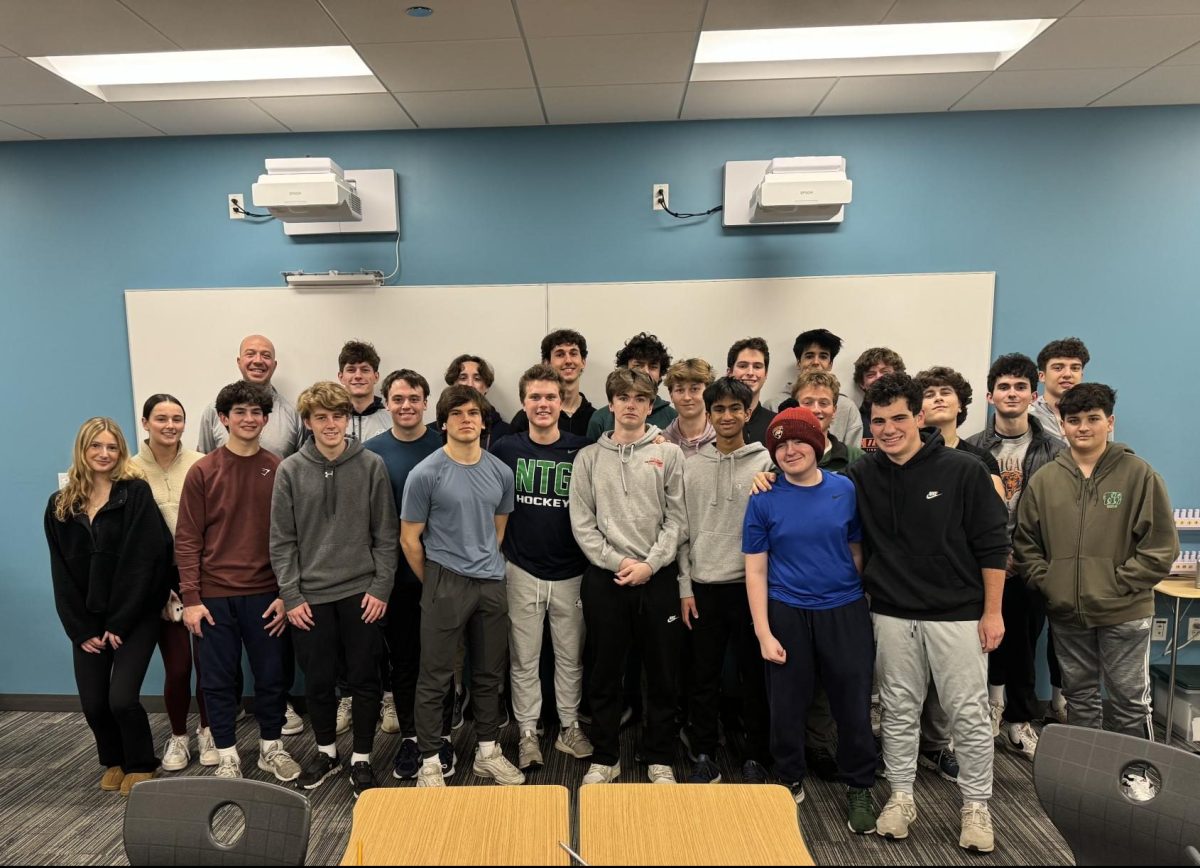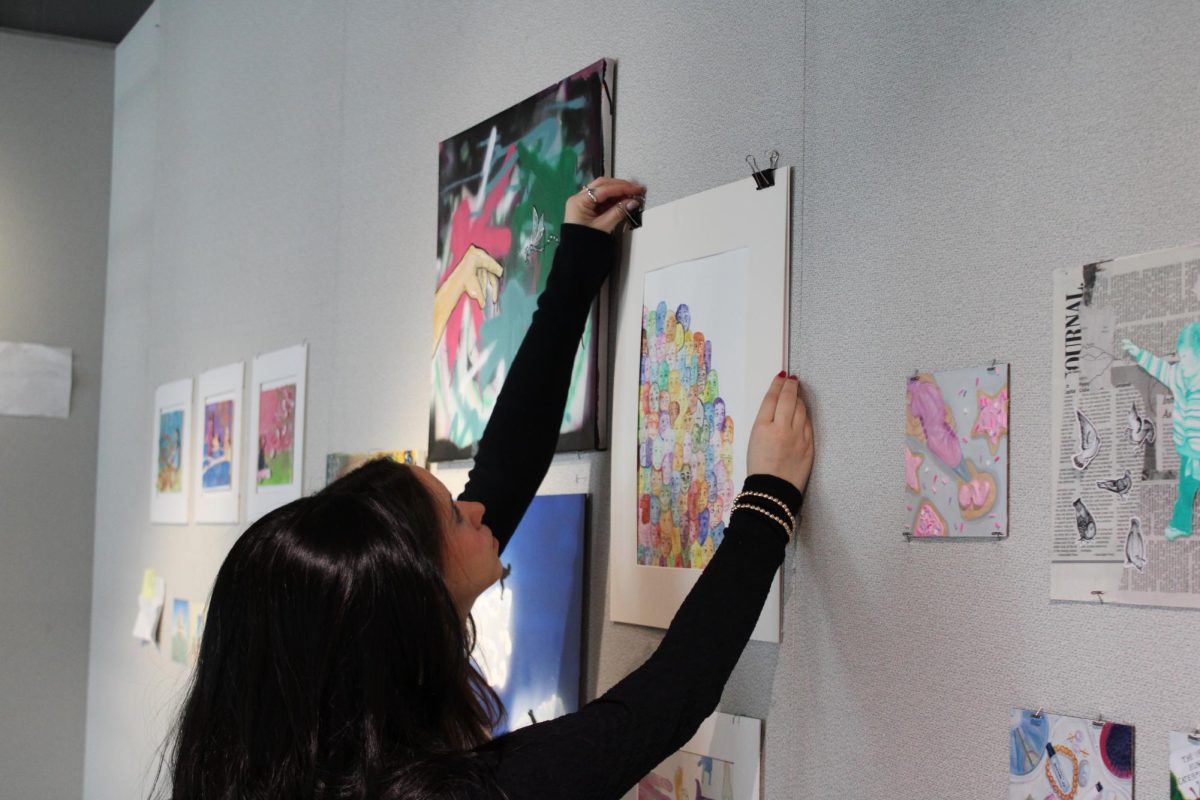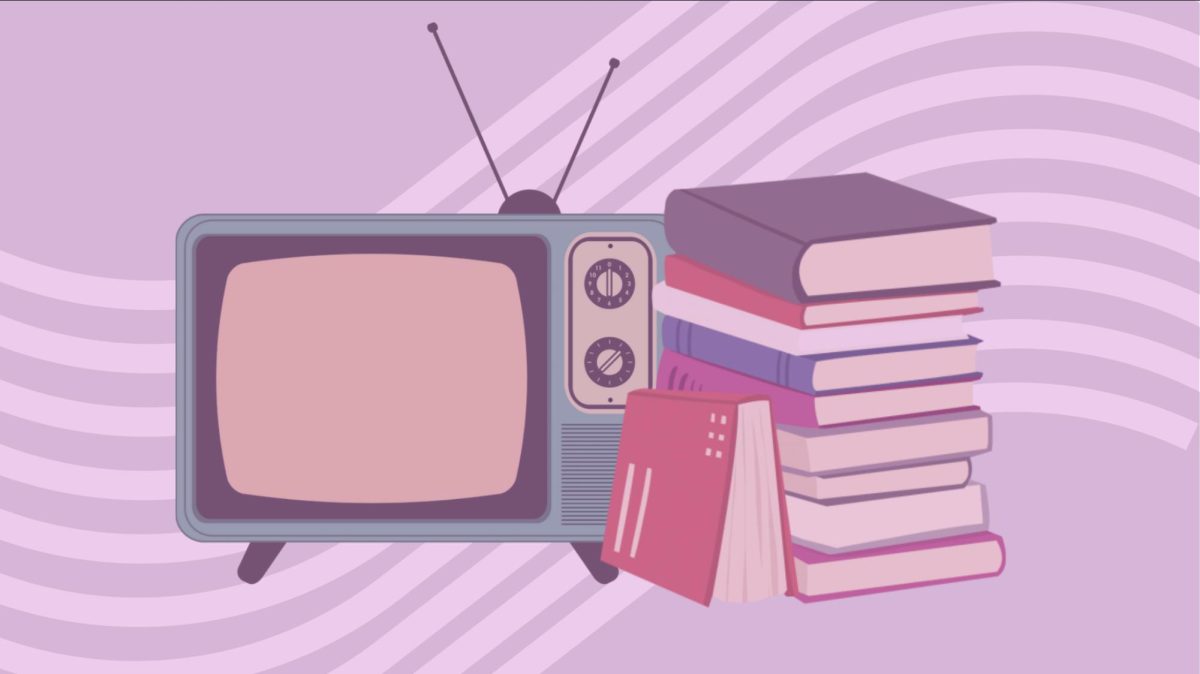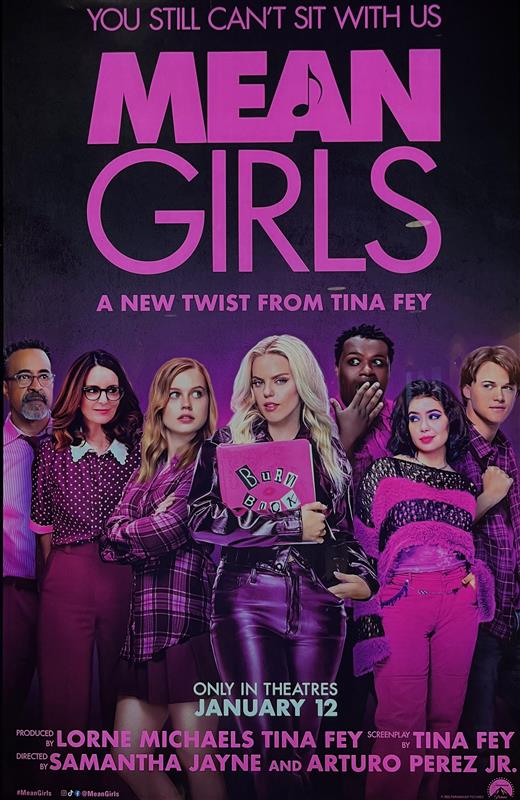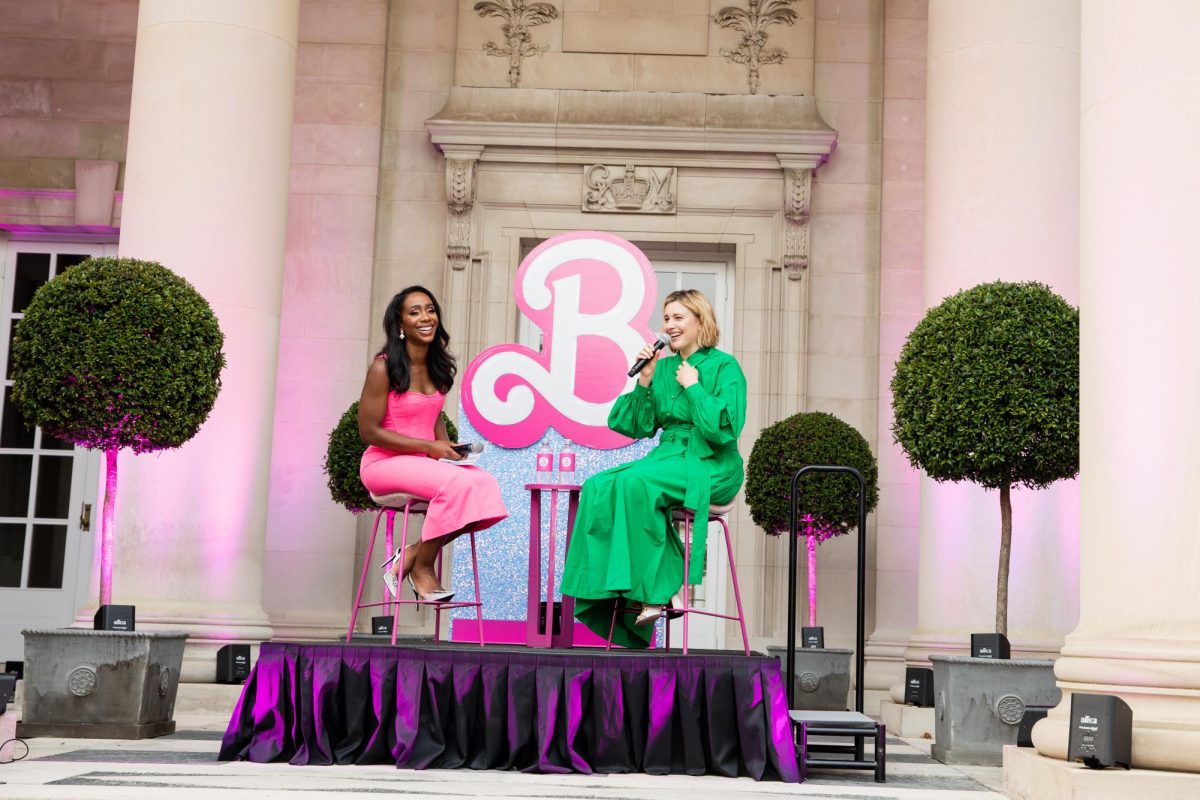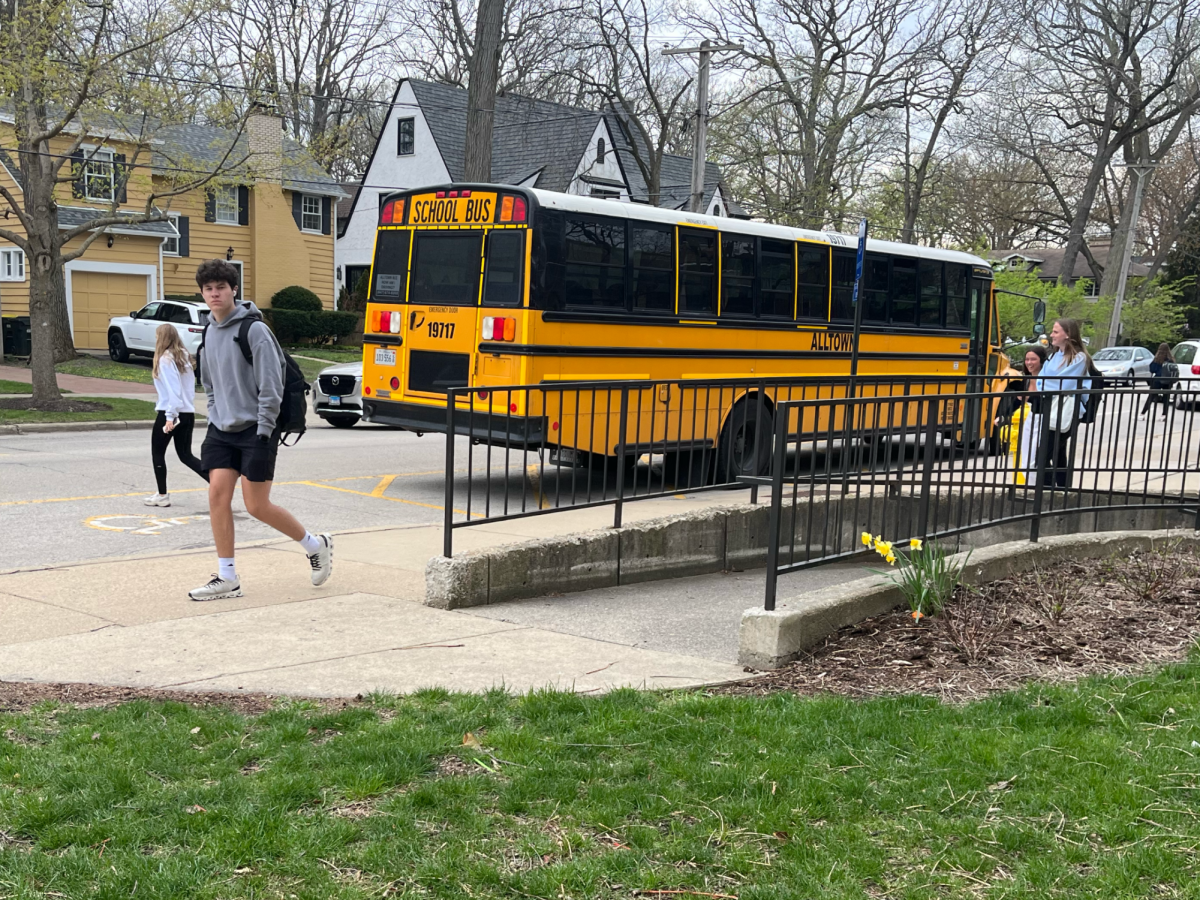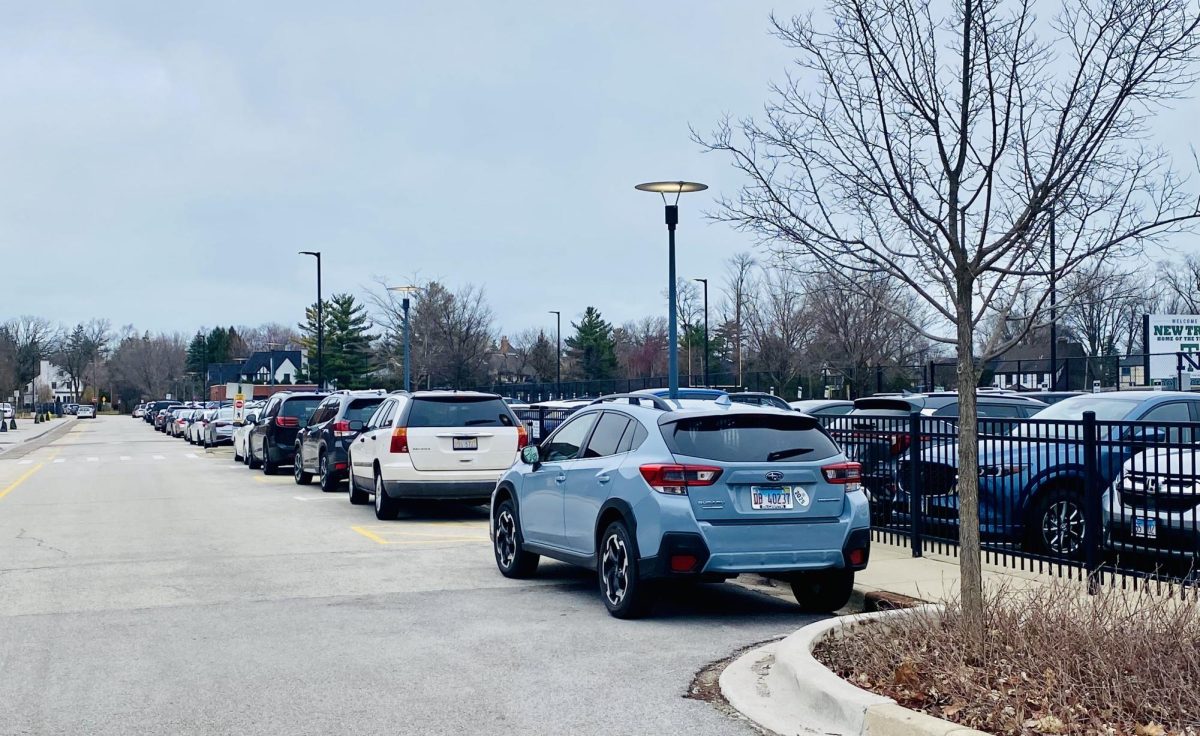Clueless: this 1995 movie demonstrates the social hierarchy at high school and how to fit in.
Point: there is more to a person then their stereotype.
Believable? Yes
Perks of Being A Wallflower: this 2012 movie depicts high school outsiders and how they live their lives differently than people would expect them to.
Point: the outsiders have fun too.
Believable? Yes
Breakfast Club: the 1985 Classic has a variety of different clique members, jock, princess, freak, basket case, and rebel stuck together in Saturday detention. Point: stereotypes don’t define you.
Believable? Yes
Project X: this 2012 movie shows a nerdy teenage boy throwing a crazy rager and inviting the whole school to gain more friends and popularity.
Point: throw a party, become popular.
Believable? Not to this extent
Friday Night Lights: this 2006 TV series shows a stereotypical football player and cheerleader relationship in a small town that loves football.
Points: jock culture boosts you on the social ladder.
Believable? Yes
Sixteen Candles: this 1984 film shows a girl’s sitxteenth birthday that isn’t noticed by anyone. In the end she gets the guy of her dreams and gains confidence.
Point: the guy of your dreams will find you.
Believable? Probably not
Gossip Girl: this 2007 TV series depicts kids living on the upper east side of New York. The show is about popularity, parties, and love.
Point: more money means higher social status.
Believable? No
Glee: this 2009 TV show covers a lot of high school cliches, mostly relationships and stereotypes. Point: just because you come from different friend groups you can still be friends.
Believable? Yes

